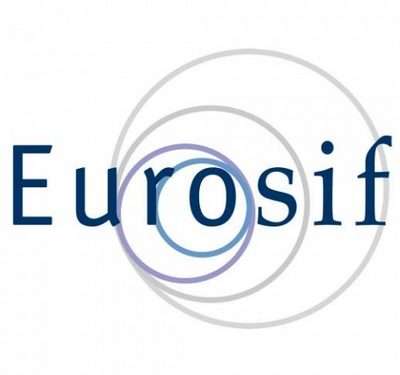Sustainable Investment Regulatory Roadmap
The European Sustainable Investment Forum (Eurosif) releases a sustainable investment regulatory roadmap, aimed at analyzing European sustainable finance policies and providing recommendations for promoting sustainable investment.
The Eurosif believes that the European regulations has improved transparency in sustainable information disclosure and facilitated sustainable investment flows. Regulators need to continue to improve the regulatory framework to ensure its effective implementation.
Related Post: Introduction to Sustainable Investment Classification Method Released by Eurosif
Sustainable Development and Sustainable Investment
The Eurosif believes that the EU has suffered losses of over 170 billion euros due to the impact of climate change in the past five years, and this number may rise to 2.4 trillion euros in the next thirty years. Therefore, mitigating climate change is crucial. The EU needs to accelerate its net zero transition, enhance long-term economic competitiveness, and promote sustainable development. Sustainable development includes identifying and managing sustainable risks and opportunities (financial materiality), as well as addressing the environmental and social impacts of economic activities (impact materiality).
The EU expects to require an additional investment of 700 billion euros annually before 2030 to achieve climate goals, with 80% of the investment coming from the private sector, so asset owners and managers need to play an important role. These investors have begun to establish investment portfolios through impact investing, thematic investing, ESG integration, and other methods, and influence the business activities of investees through engagement. These methods can expand the scale of sustainable investment and provide positive assistance for sustainable development.
EU Sustainable Financial Regulatory Framework
Since the release of the Sustainable Finance Action Plan in 2018, the EU has formulated a series of regulatory policies to guide economic transition and manage sustainable risks. Most regulatory policies focus on increasing transparency among different participants in the investment chain, such as the Sustainable Finance Disclosure Regulation (SFDR) which requires asset managers to provide financial product information disclosure, and the Corporate Sustainability Reporting Directive (CSRD) which requires large EU companies to disclose sustainability risks and impacts.
Some regulatory policies provide funding allocation standards for sustainable activities, such as the EU Taxonomy which defines sustainable economic activities, and the EU Green Bond Standard which provides sustainable financial instruments for investors. These regulatory policies need to be consistent to promote sustainable financial development. For some early-stage regulatory policies, the EU also needs to correctly evaluate their costs and benefits, and provide application guidance.
Sustainable Investment Regulatory Roadmap Introduction
In order to improve the EU’s sustainable financial regulatory framework and expand the scale of sustainable investment, Eurosif proposes a sustainable investment regulatory roadmap, providing recommendations to regulators from the following perspectives:
- Clear definition of investments that contribute to a just and sustainable economic transition: The current EU regulatory framework for sustainable finance does not fully define sustainable investment, transition investment, and impact investment, which should have clearer definitions. In addition, the EU should establish social investment standards to accelerate fair transition and prevent greenwashing.
- Strengthen and improve investor tools to expand the scale of sustainable finance: Investor tools are typically used to make sustainable investment decisions and evaluate performance, including sustainable benchmarks and standards. The EU should establish new sustainable development benchmarks, review existing climate benchmarks, and improve the EU’s classification criteria for sustainable economic activities.
- Promote investor engagement and incentivize sustainable transition of enterprises: Active management is an important method for investors to support investees. The EU can review the Shareholder Rights Directive to ensure that shareholders can communicate with enterprises on key sustainable issues and encourage participation in activities.
- Ensure the quality of sustainable information disclosure: High quality sustainable information disclosure is crucial for investment decisions, and the EU needs to ensure the correct implementation of the European Sustainability Reporting Standards (ESRS), improve consistency in information disclosure, and achieve interoperability between EU and non-EU sustainability standards.
- Encourage investors to participate in a just transition: The EU can simplify the disclosure rules for financial products, help investors understand sustainable products, and provide training for financial practitioners to correctly propose sustainable investment recommendations.
Reference:








